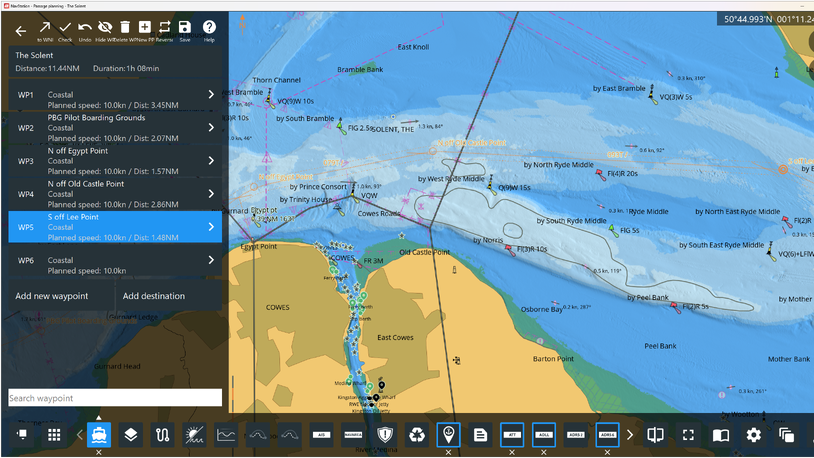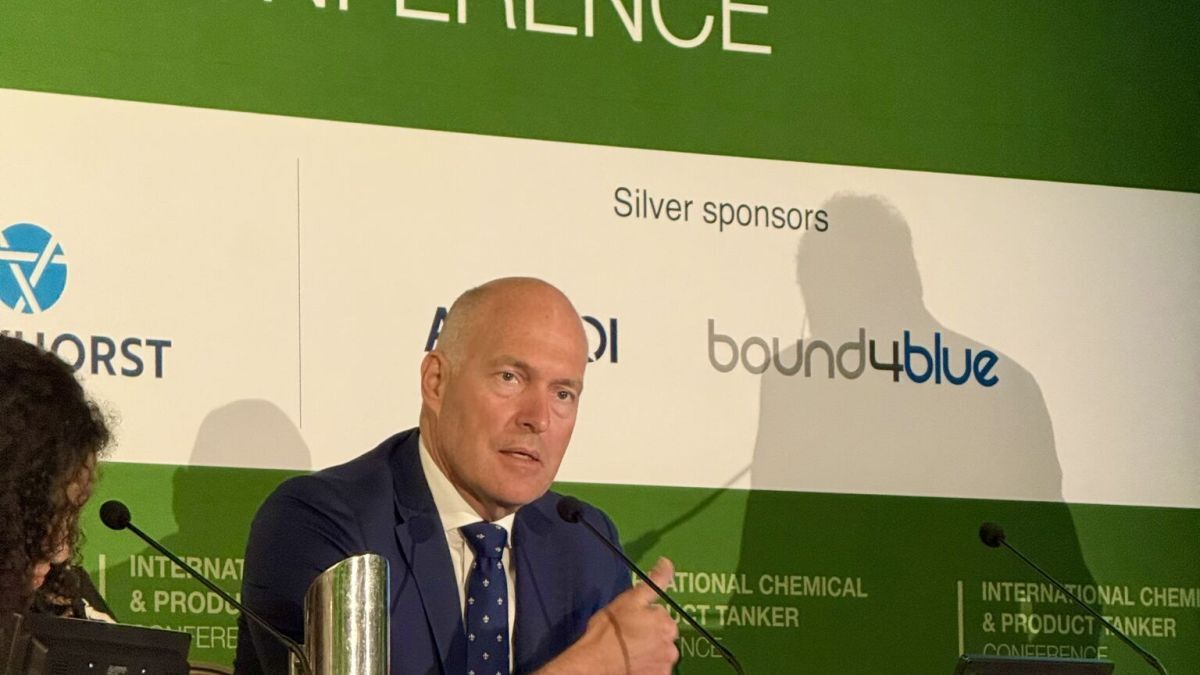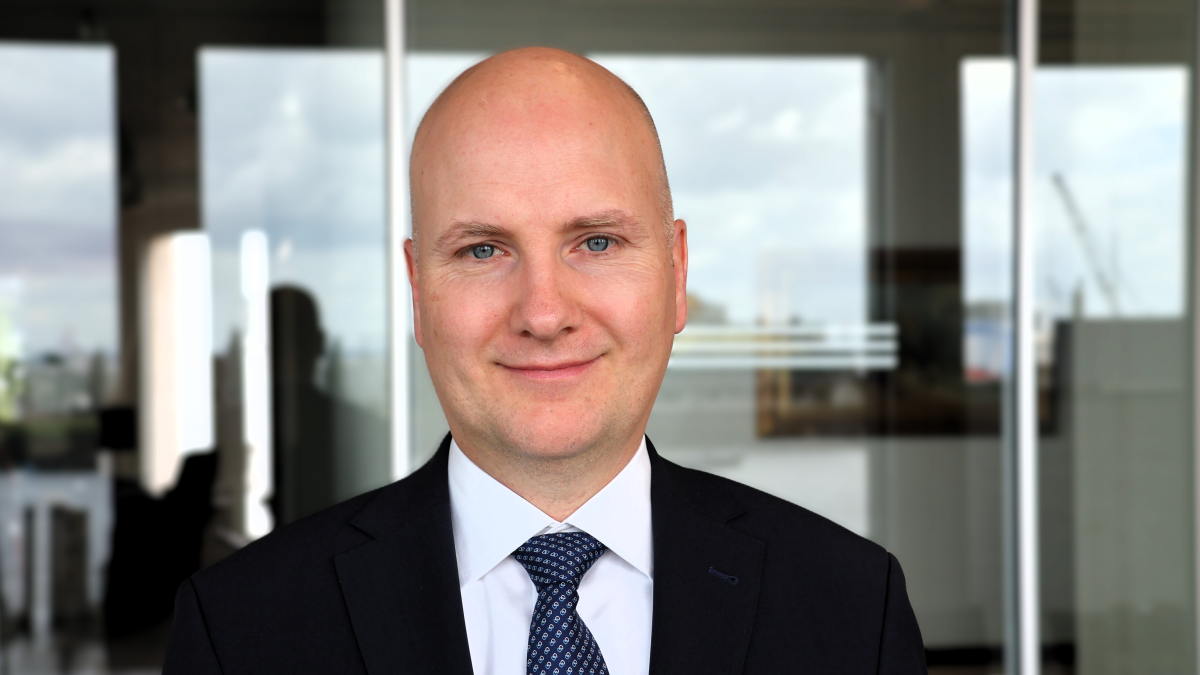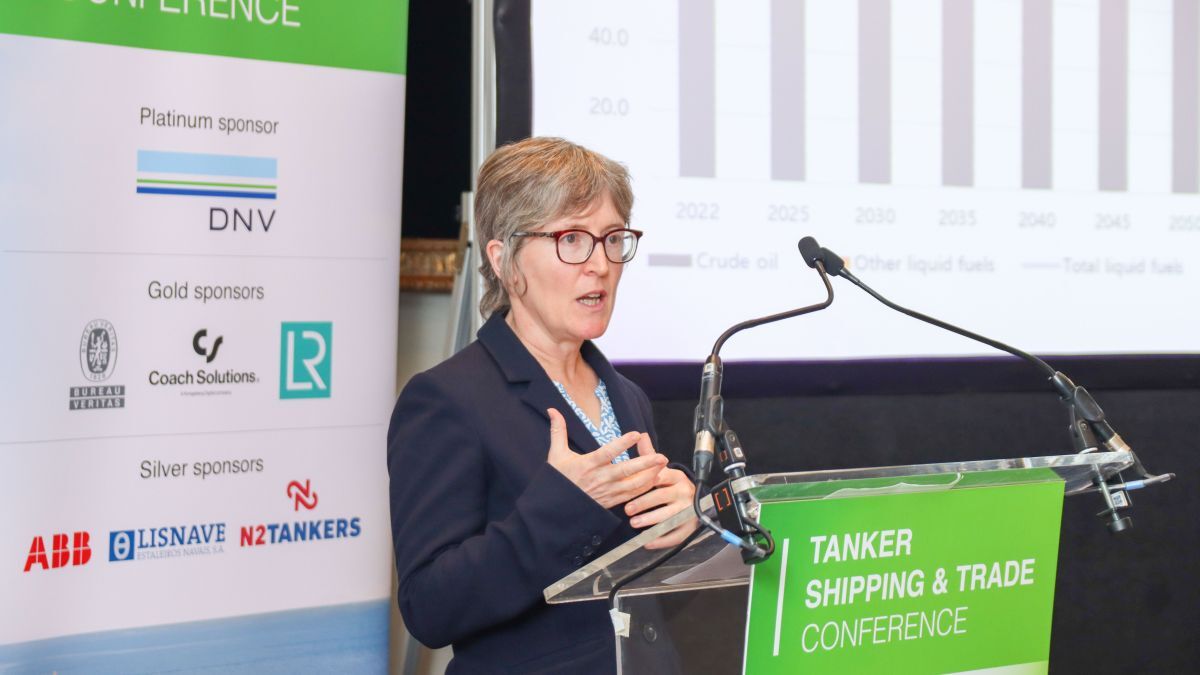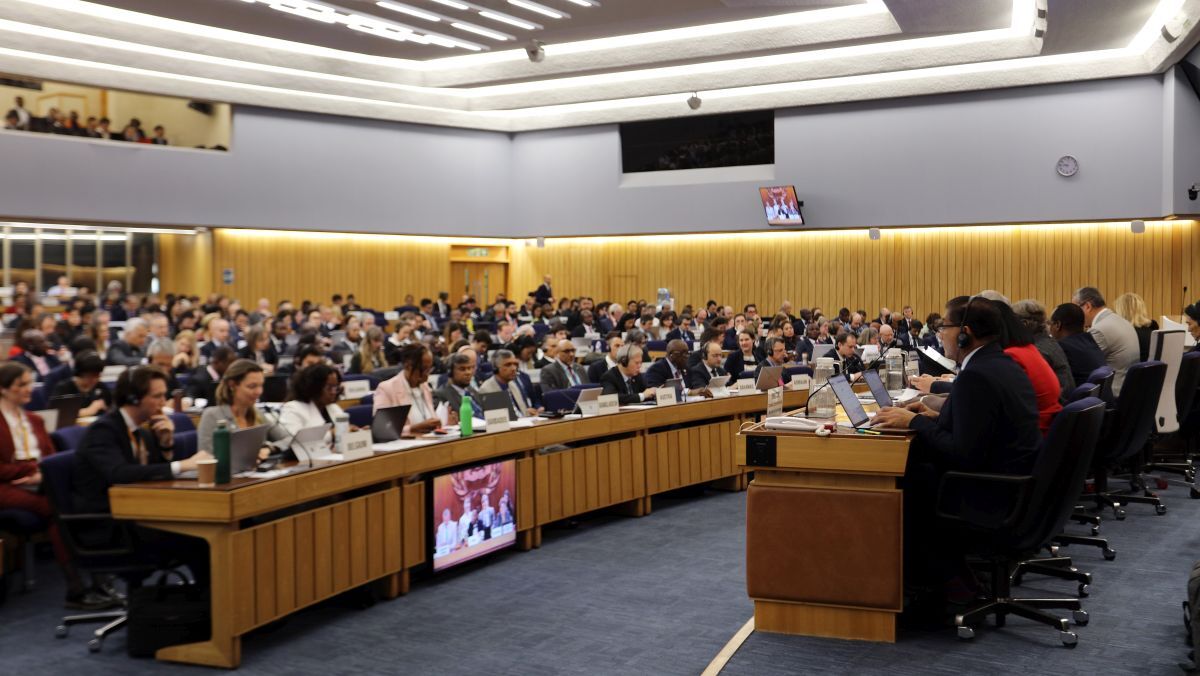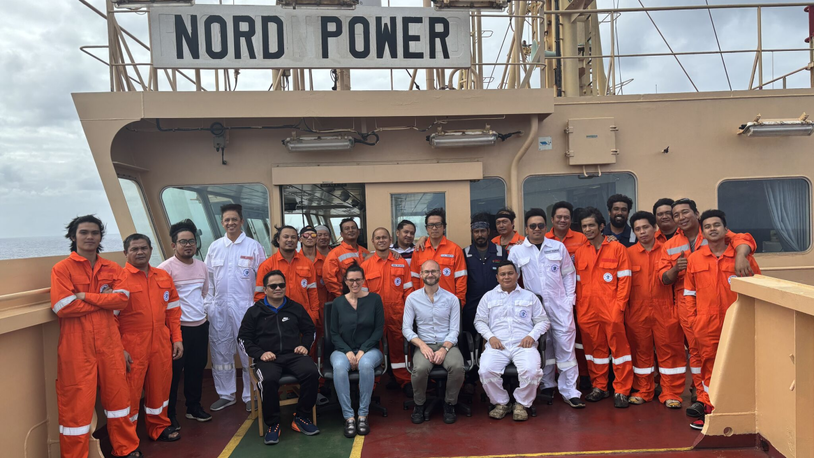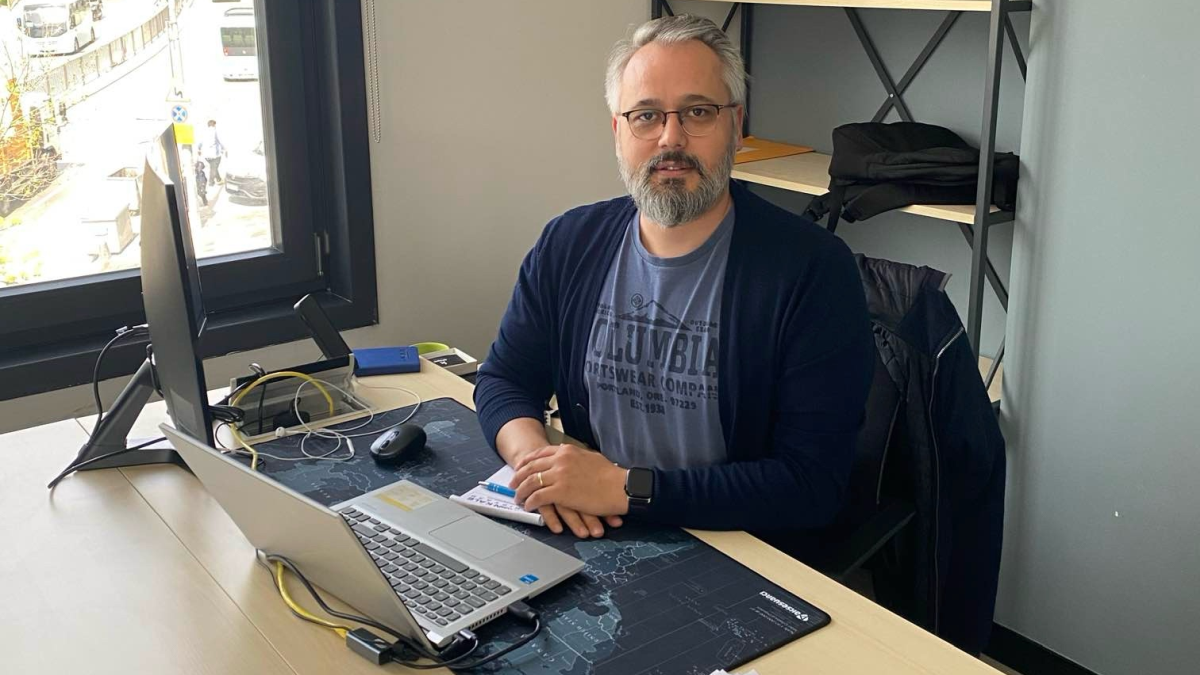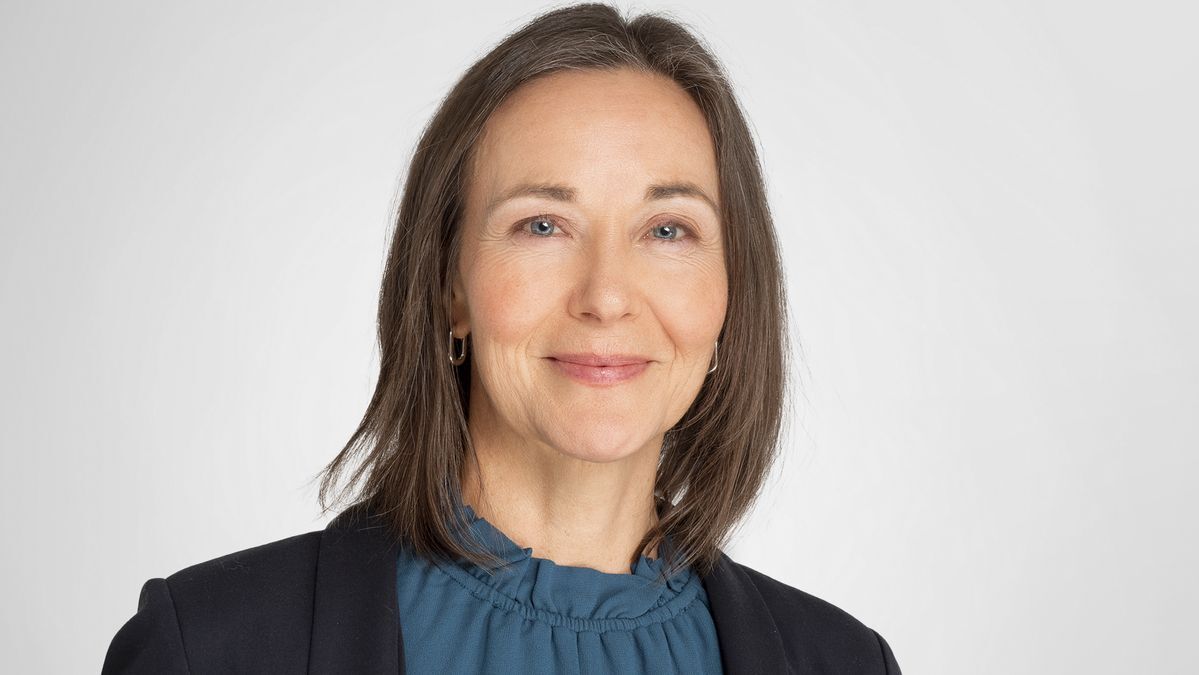Business Sectors
Events
Contents
Register to read more articles.
How shipmanagers can make the difference in carbon compliance
With the EU ETS a reality, BSM Singapore managing director Raymond Peter believes shipmanagers can proactively help owners master the complex regulation requirements and reduce their carbon footprint and related costs
Mandatory since the start of 2024, the European Union’s Emission Trading System (EU ETS) brings with it a wave of new requirements and regulations that have significant impacts on shipowners and operators worldwide.
The EU ETS is more than just another regulation. It is a fundamental shift in how to approach sustainability in the maritime industry. It is about reducing greenhouse gas (GHG) emissions, promoting cleaner technologies, and ultimately, safeguarding our planet for future generations.
Understanding the EU ETS and its implications can be a daunting task and therefore having a robust system and process and staff trained to handle the changes is vital to any organisation’s success.
Since 1 January, emissions data must be recorded, verified and reported for every ship calling at an EU port in accordance with EU ETS. From 2025, shipping companies are required to offset the applicable CO2 voyage emissions through the purchase of an equivalent number of EU Allowances (EUAs).
“This adds up to huge additional operating costs. Depending on the size of the ship, voyage details, fuel consumption and EUA price, this can run into hundreds of thousands of dollars,” says Mr Peter.
BSM is one of the world’s largest third-party ship managers with a full managed fleet of around 450 vessels, of which about 250 regularly trade with Europe, providing Mr Peter with a sweeping perspective into the challenges of EU ETS.
“Due to the extensive impact on our and our clients’ business, we invested at an early stage in specialist teams and IT tools to ensure a smooth and efficient EU ETS process,” points out Mr Peter. BSM has developed a comprehensive package of carbon compliance and value-added services designed to support owners and operators mastering the complex regulation requirements in EU ETS management and to reduce CO2 emissions and financial exposure.
The latter is particularly important to Mr Peter, “It’s not just about administration, it’s also about saving CO2 and therefore costs. This is how shipmanagers can offer real added value to their customers. With every tonne of marine diesel we save, we save three tonnes of CO2 and reduce the financial impact.”
That is why BSM’s approach is also to focus on ship and fleet performance optimisation. The Fleet Performance Centre (FPC) is BSM’s central unit supporting performance optimisation and decarbonisation of the managed ships. “We enable our crews on board, shipowners and charterers to make data-driven decisions for the most efficient vessel operations that reduce their environmental impact and costs and comply with or even go beyond the requirements of international regulations. This has always been the core task of our FPC but is now becoming even more of a focus for owners and charterers.”
Through vessel performance monitoring, BSM tracks major fuel consumption contributors such as the hull, machinery, speed, route and weather. This approach ensures voyage optimisation, regulatory compliance and increased vessel energy efficiency. Inefficiencies are promptly identified, allowing for swift corrective actions.
Such measures are not only beneficial for EU ETS, but also for other requirements such as IMO’s CII and EEXI or the planned FuelEU maritime regulations, which will come into effect in 2025.
Mr Peter concludes, “The transforming market conditions request a proactive approach to develop a mindset of continuous benchmarking and improvement. It is no longer enough to simply manage vessels. As a shipmanager, today, you must be a solution provider offering real added value.”
Riviera Maritime Media’s Maritime Decarbonisation Conference, Asia 2024 will be held in Singapore, 4-5 March 2024, click here for more information on this industry-leading event
Related to this Story
Women in Maritime Today: Elin Saltkjel says no day working in maritime is dull
Events
Maritime Environmental Protection Webinar Week
Cyber & Vessel Security Webinar Week
The illusion of safety: what we're getting wrong about crews, tech, and fatigue
Responsible Ship Recycling Forum 2025
© 2024 Riviera Maritime Media Ltd.

